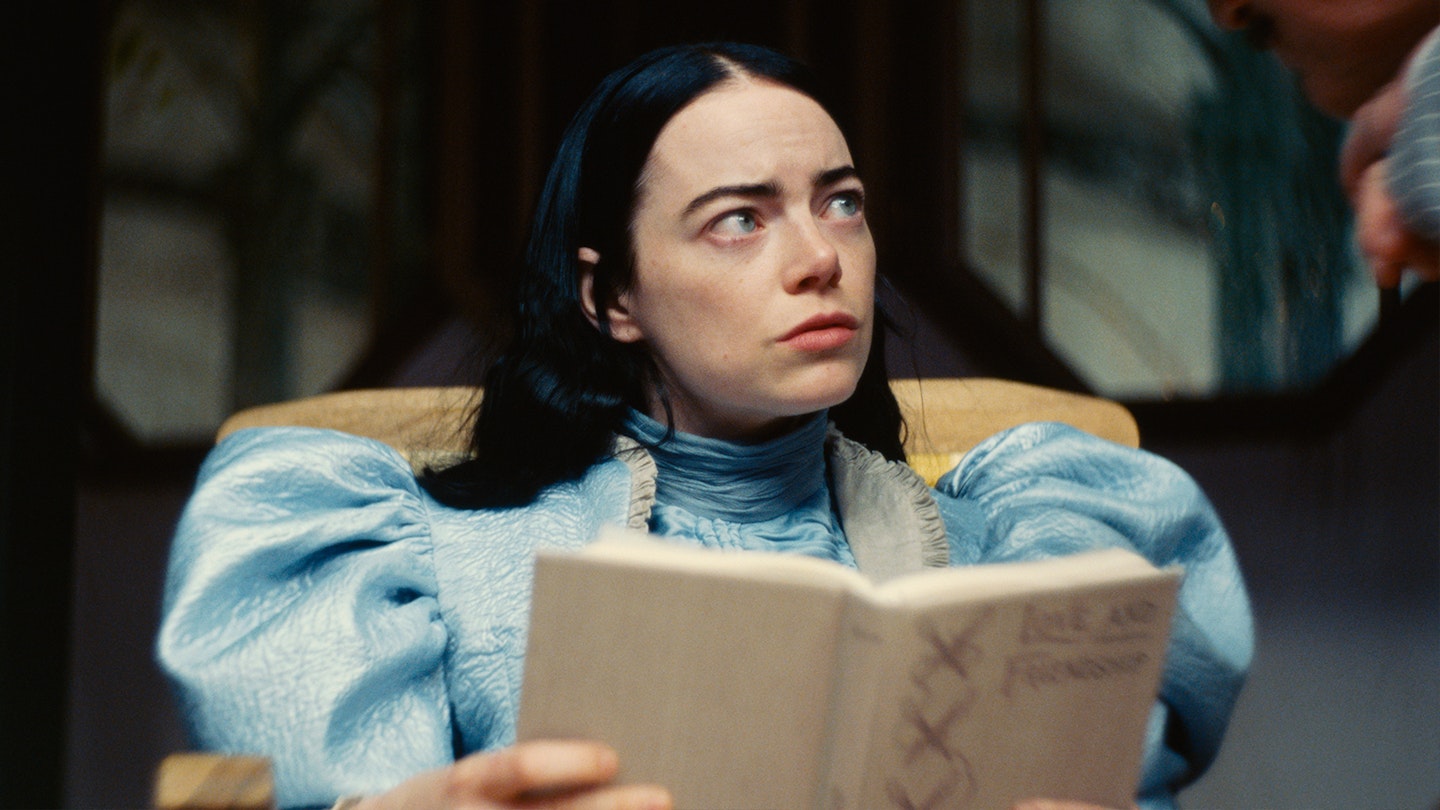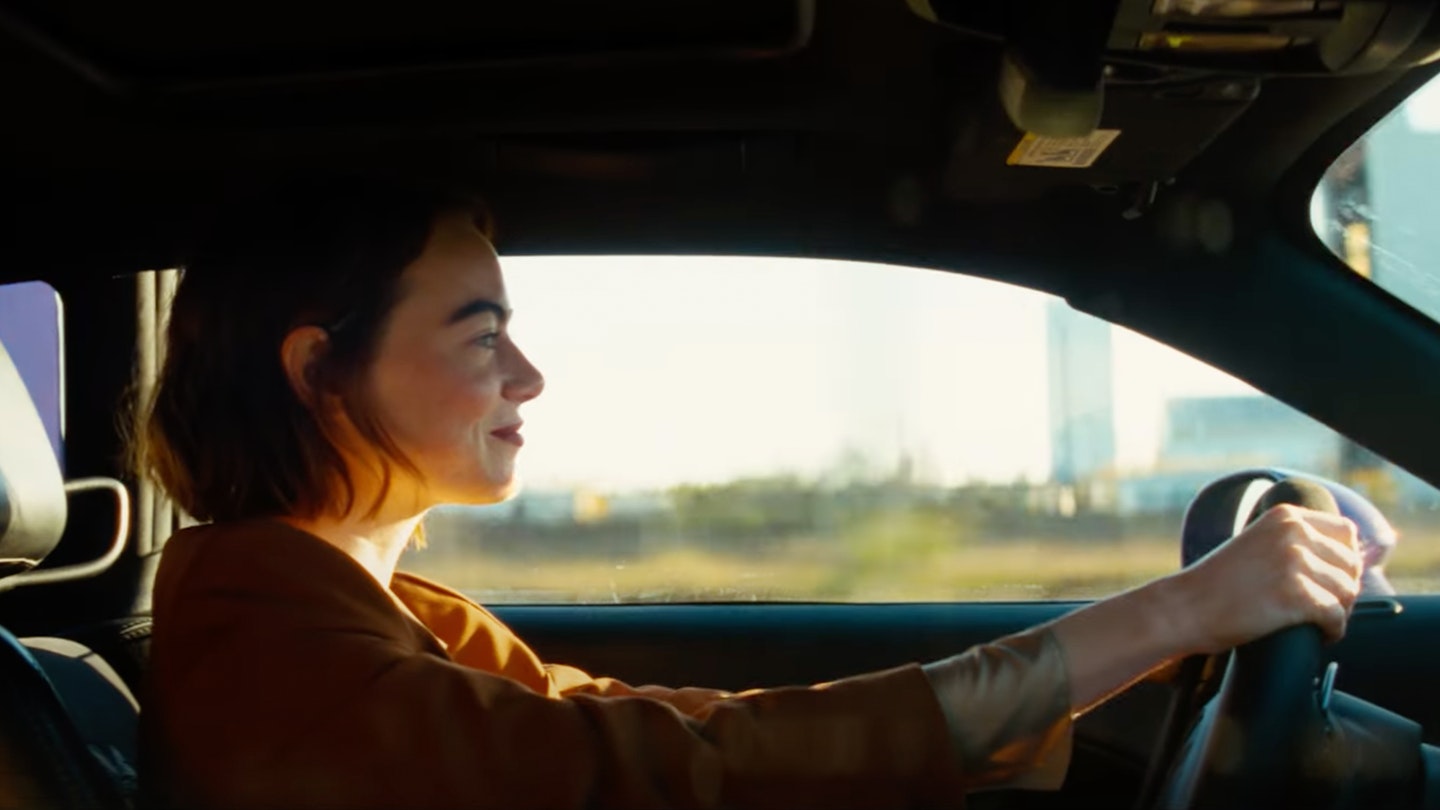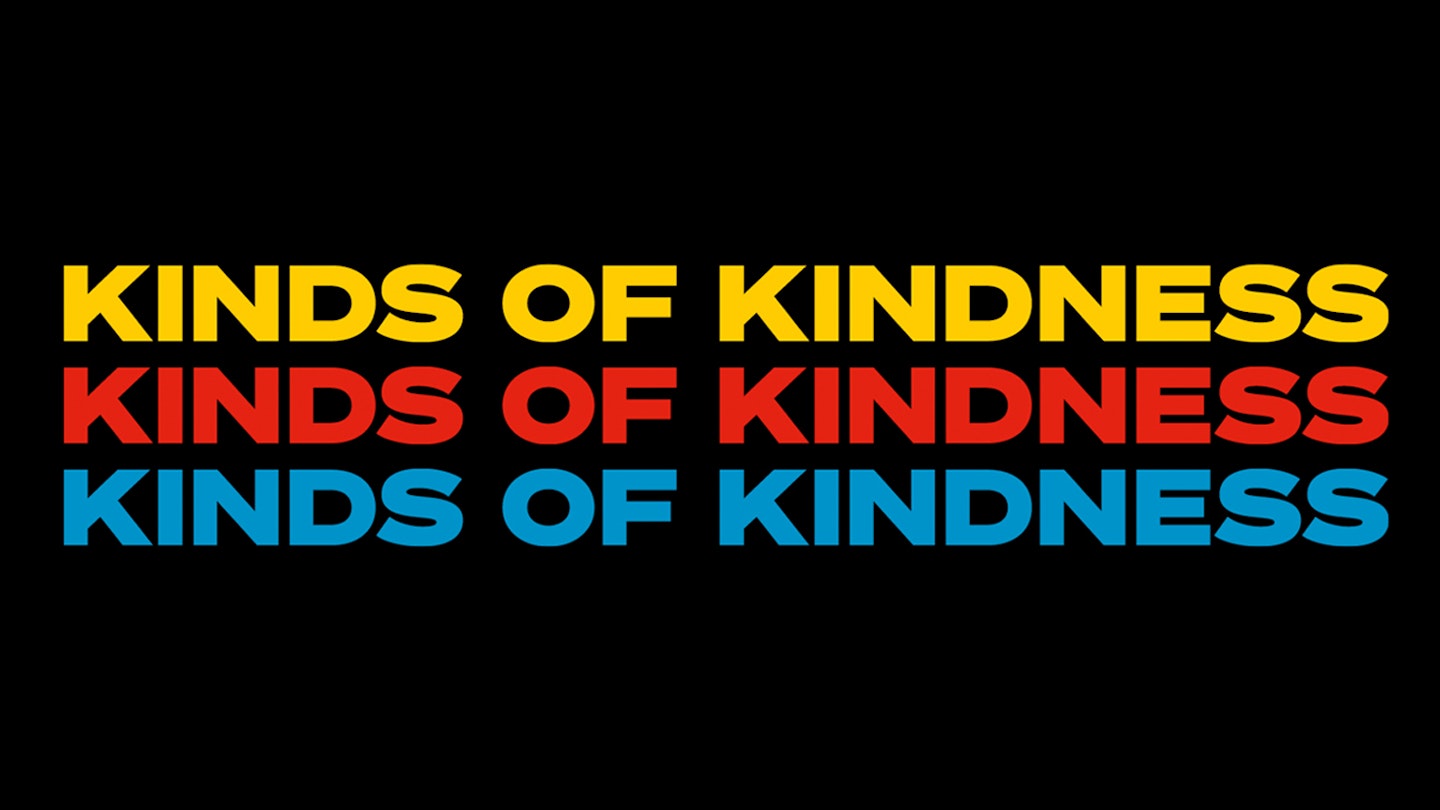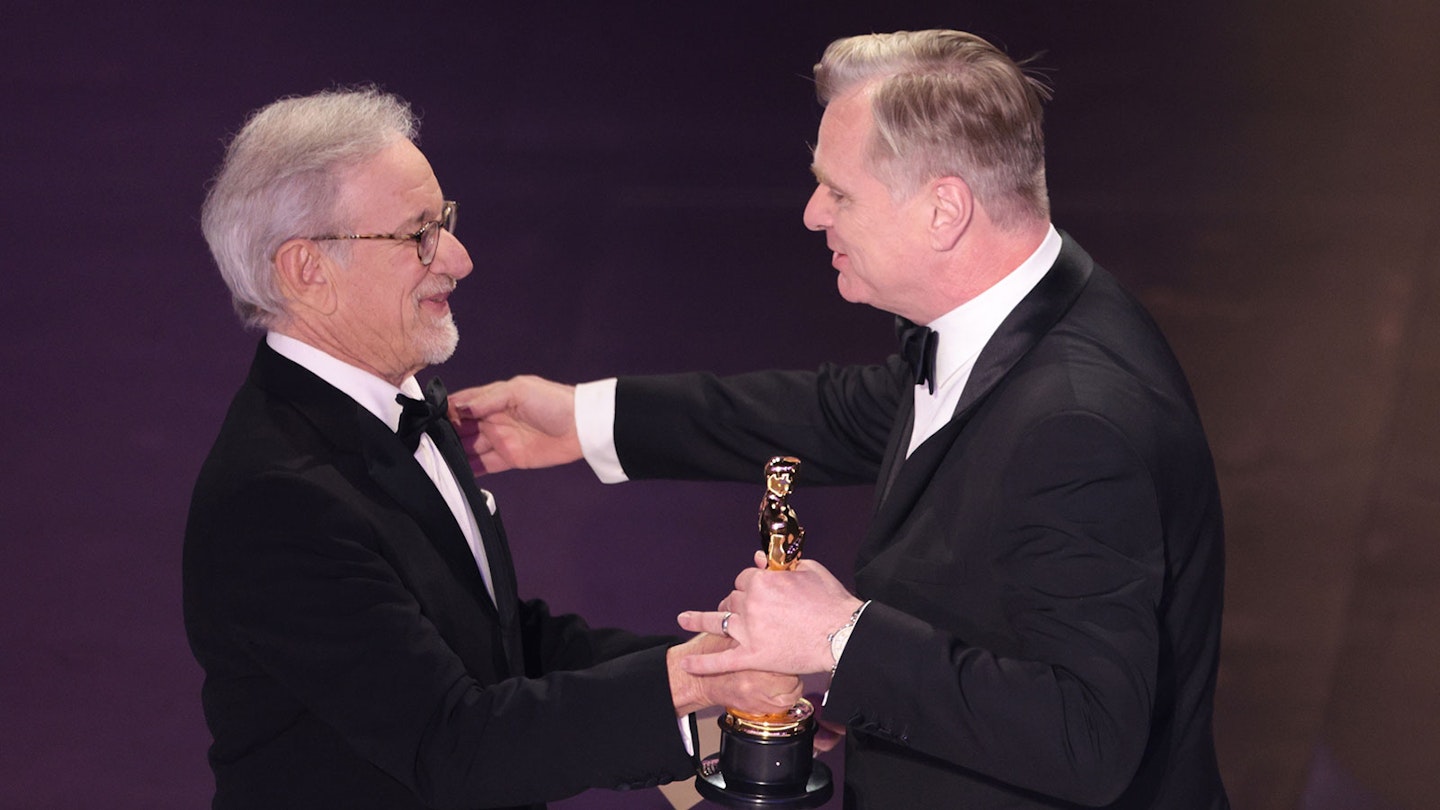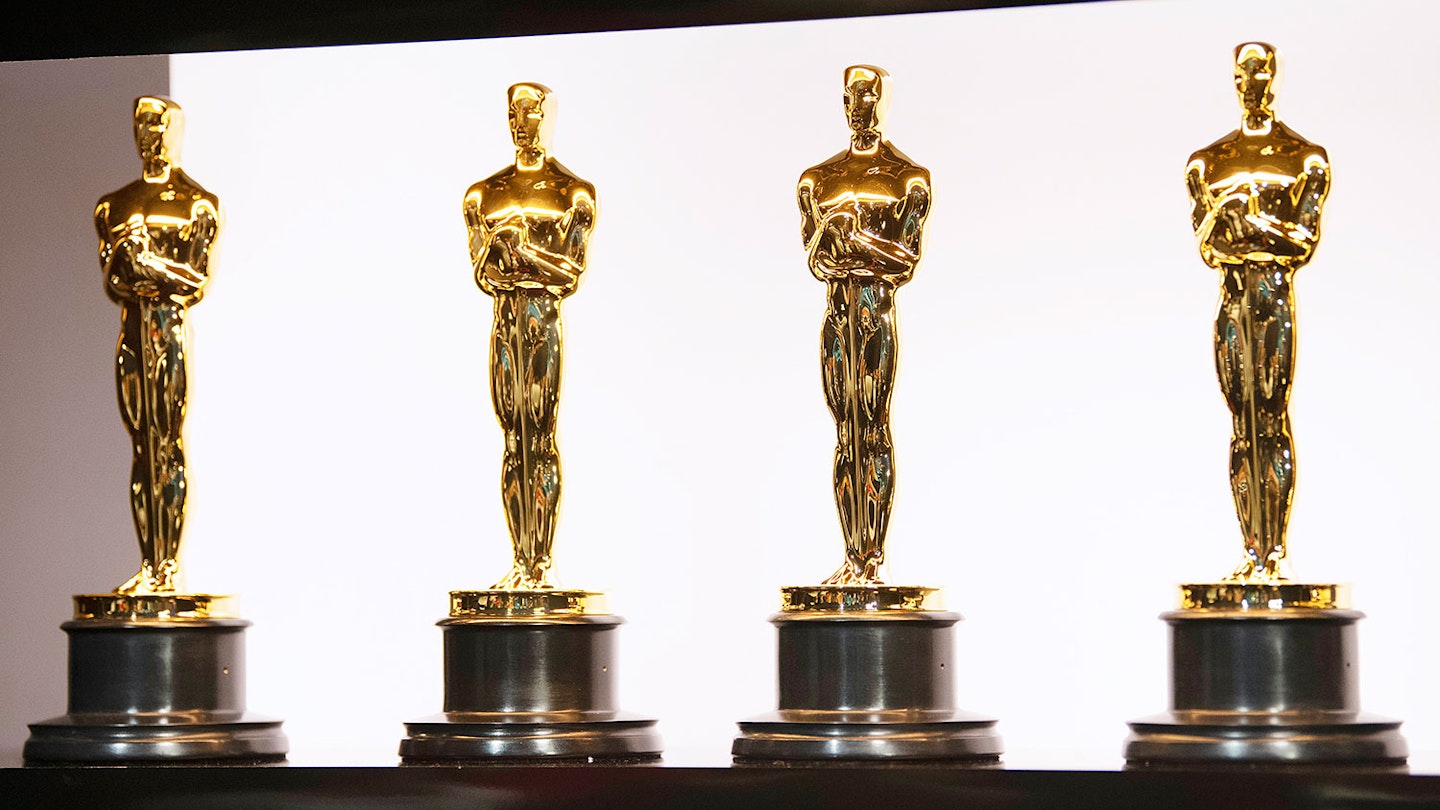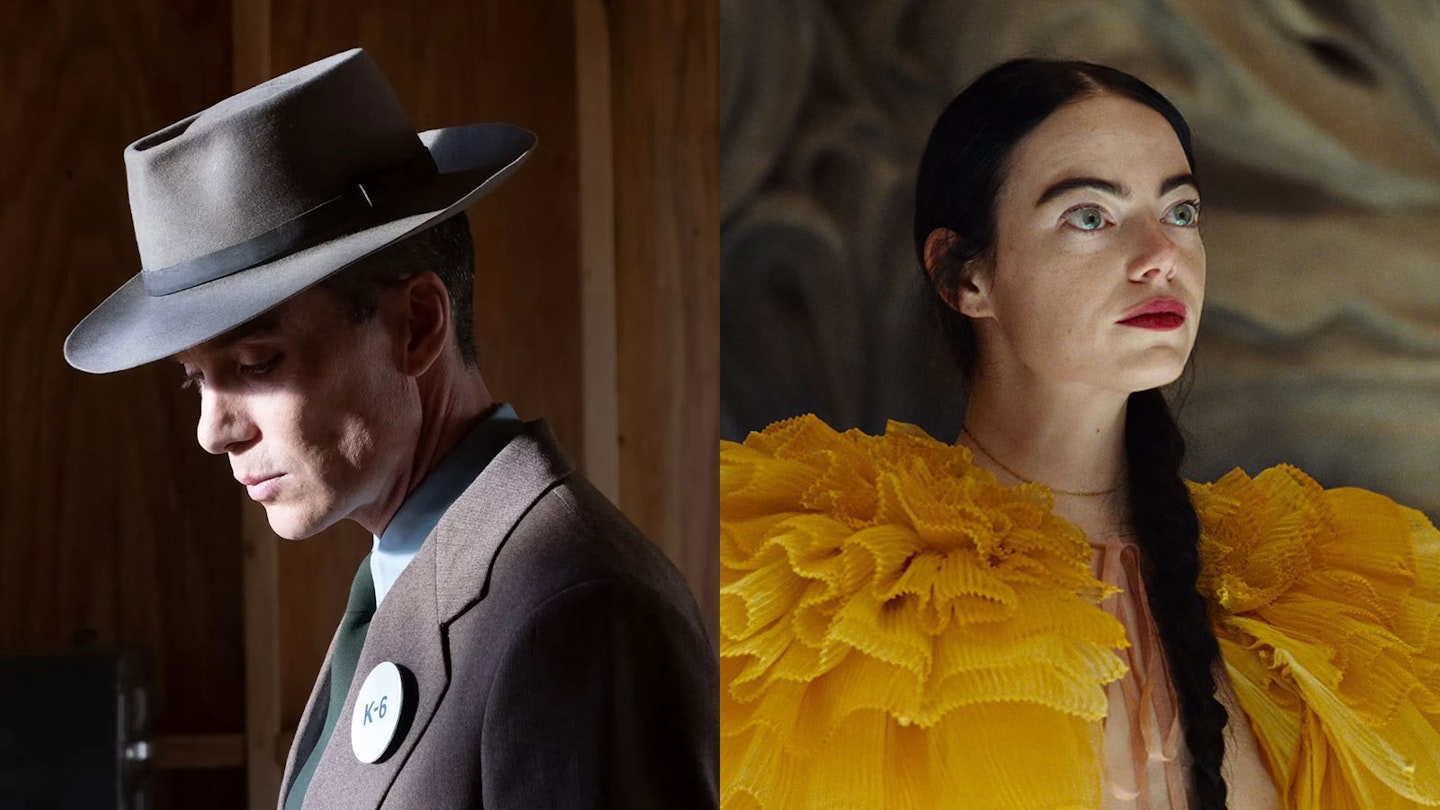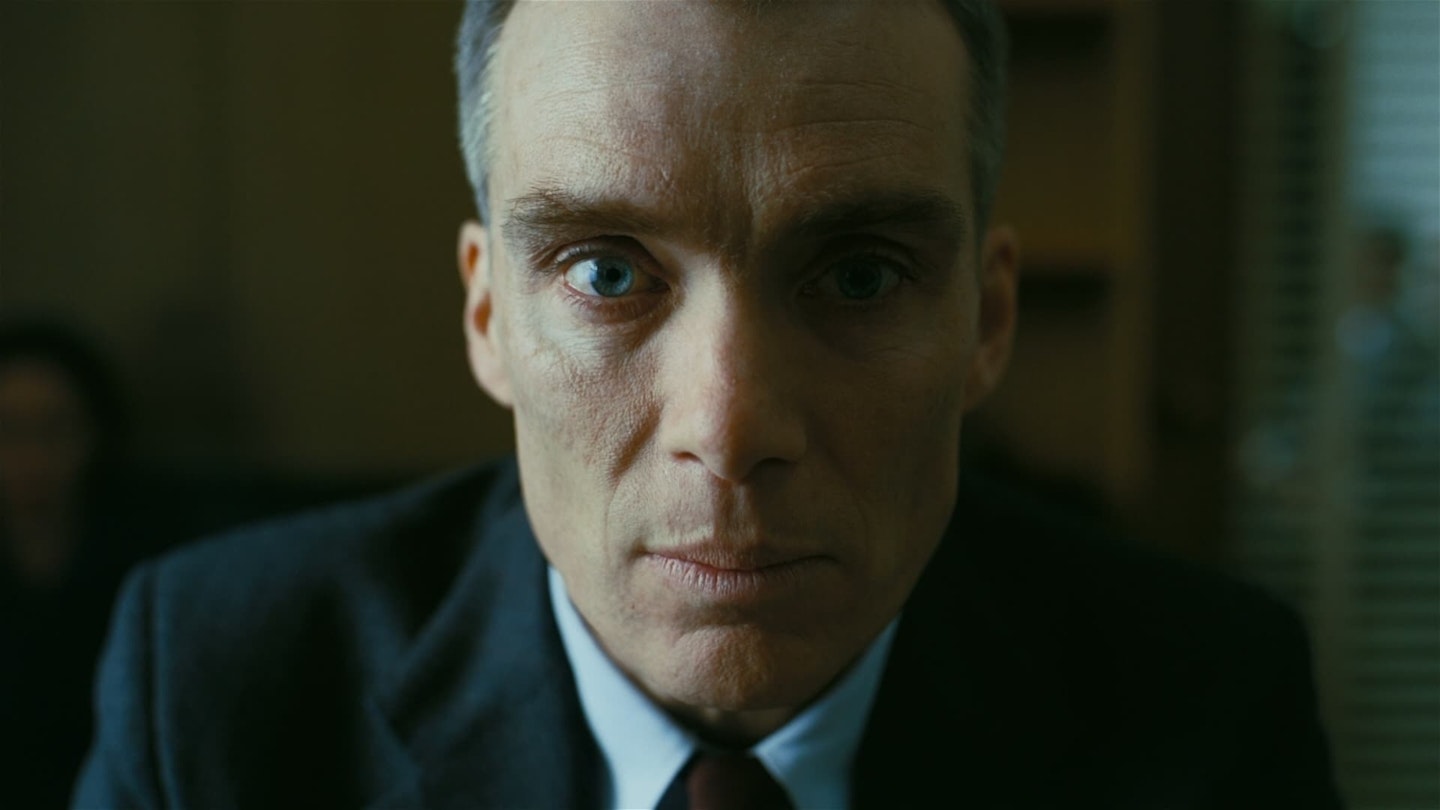The original 1992 novel by Alasdair Gray on which Poor Things was based — or, to give it its full, appropriately ludicrous title, Poor Things: Episodes From The Early Life Of Archibald McCandless M.D., Scottish Public Health Officer — was never seriously considered as obvious film fodder before director Yorgos Lanthimos came along. It’s a curious, meandering tome, told by at least four narrators of varying degrees of reliability, documenting a unique take on the Frankenstein mythology: the coming-of-age of Bella Baxter, a young woman powered by the brain of her own baby who learns about feminism, social justice and sexual mores in Victorian Glasgow.
Lanthimos matches Gray’s sensibilities like a close cousin. Perhaps cinema’s best absurdist, the Greek filmmaker has always been able to tread a delicate line between ridiculous dark comedy and rich emotional and political truths, from The Killing Of A Sacred Deer to The Favourite; he and screenwriter Tony McNamara — a co-writer of The Favourite, and creator of similarly ahistorical romp The Great — have here fashioned a surreal steampunk spectacular, a riotous dissection of gender dynamics, and perhaps the most nakedly entertaining entry in Lanthimos’ swellingly accomplished career.
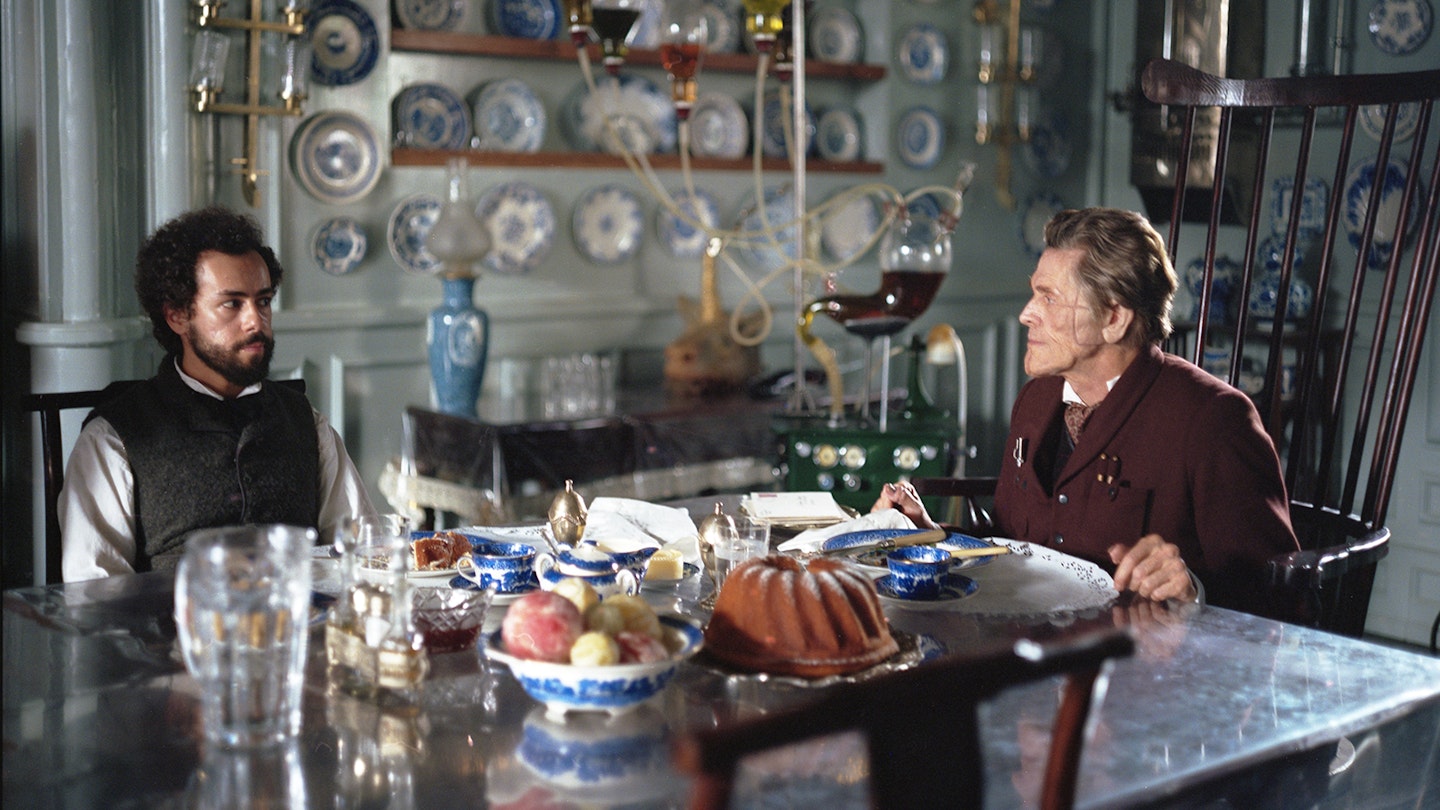
It is funnier, swearier and hornier than Gray’s original novel, necessarily trimmed in certain places, beefed up in others. The final part of the book, which hands the narrator-reins to Bella and completely recalibrates everything that went before it, is boldly excised; in its place, the perspective and the focus shifts from the gentle-hearted Archibald McCandlesss (here renamed Max McCandles) to Bella herself, the themes of patriarchy and female agency lifted to the surface.
Emma Stone has turned in maybe her richest, most interesting, utterly fearless performance yet.
That decision hands the centre-stage to Bella, and to Emma Stone. She makes the very most of that spotlight. Clearly still intoxicated by her collaboration with the director on The Favourite, Stone has turned in maybe her richest, most interesting, utterly fearless performance yet. She begins as a literal baby, an acting challenge that in the wrong hands could feel like a drama-school exercise; with Stone at the wheel, it’s odd, keenly observed, full of texture and wisdom. Bella’s progression is both incremental and rapid: beginning non-verbally, she slowly builds a vocabulary, ending the film as a thesaurus-verbose polymath, gleeful in her curiosity, incautious in her lack of filter. Watching her work is a constant, unpredictable thrill.
This is a consciously silly role, and requires a huge amount of nudity — a coming-of-age in every sense of the word ‘coming’ — but Stone has always been just as good at the intuitive, subtle notes as the big, outrageous ones. Just as Bella learns to be, Stone is in total command of her body as an instrument, wielding it with a surgeon’s precision in sketching a journey of enlightenment.
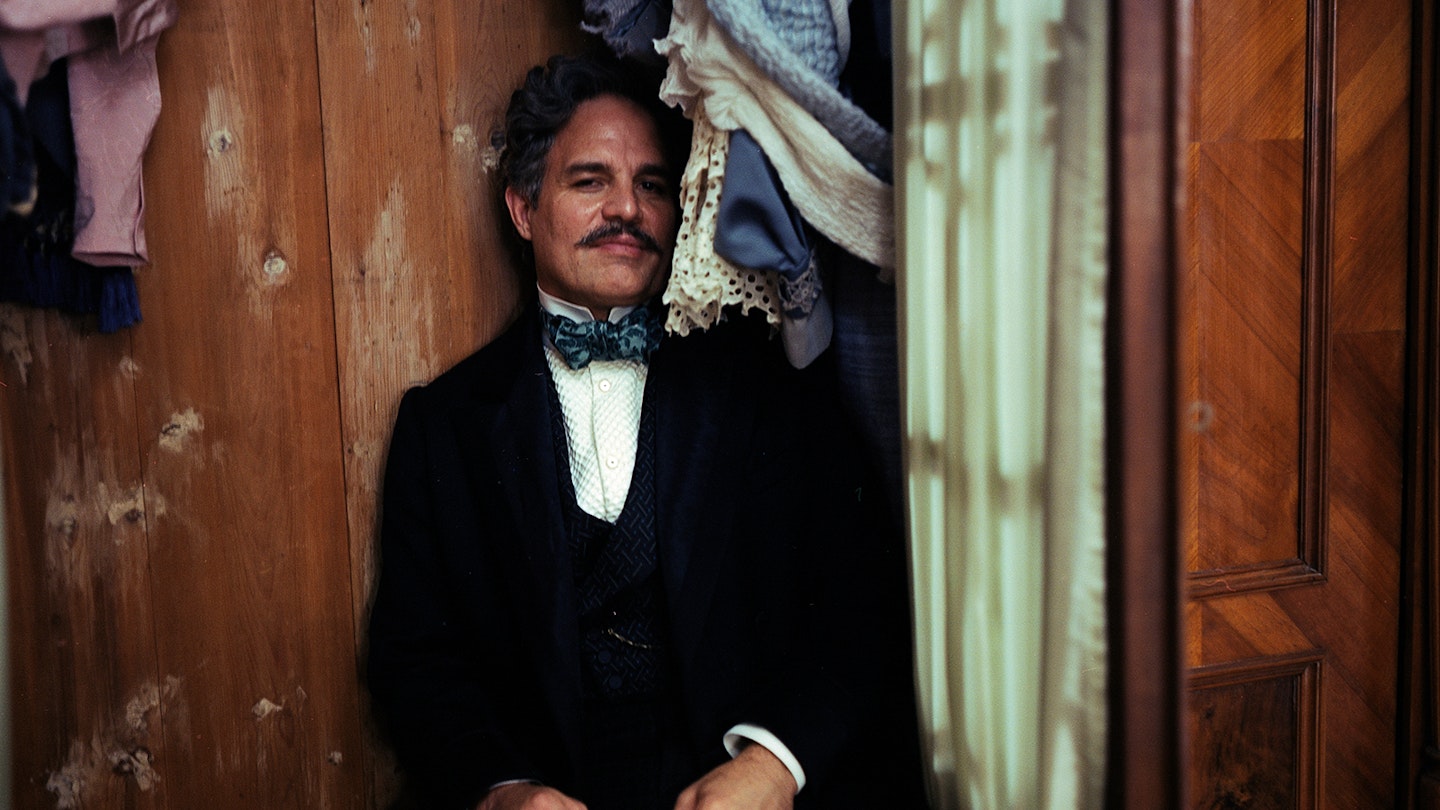
That journey is shaped by the men of her life, who seem to represent different expressions of masculinity: there is her proxy father Godwin, played by a stately and stubborn and typically stellar Willem Dafoe, whom Bella refers to as ‘God’. There is her gentle husband-to-be Max (Ramy Youssef, impressive in what is effectively his film debut). And there is Duncan Wedderburn, her first lover, played by Mark Ruffalo. Like a kind of big-screen take on The Fast Show’s 13th Duke of Wybourne, Duncan is the definition of cad. Ruffalo, endlessly droll, offers up gems like, “At the risk of being immodest, you’ve just been thrice fucked by the very best,” with a preposterous English accent, a raised eyebrow, and a rakish twiddle of his moustache.
As Bella and Duncan embark on a kind of gaudy Grand Tour — which involves seeing the world, vomiting up custard tarts, and repeatedly “furious jumping” each other — the gorgeous imagery from prolific Irish cinematographer Robbie Ryan shifts from Gothic black-and-white to a hyperreal saturated colour palette, blossoming just as Bella’s own social and cultural palette expands too. Her perspective is a kind of alt-Victorian dreamscape, with psychedelic skies and realism-be-damned diversions. The off-kilter tone is only firmed up by Jerskin Fendrix’s brilliantly daffy, discordant score, as if Mica Levi soundtracked a CBBC show.
The combined effect leaves you with a giddy cinematic high: like eating too many pastel de natas laced with hallucinogens. Yet Lanthimos again somehow finds an absurdist line dripping in substance. He, McNamara and Stone ultimately grant Bella her agency and self-possession — and with it, the most infectiously bizarre, cocktail-clinking happy ending in cinema history. A goat is involved. Hardly obvious film fodder — but that’s what we’ve come to expect from this lot.
